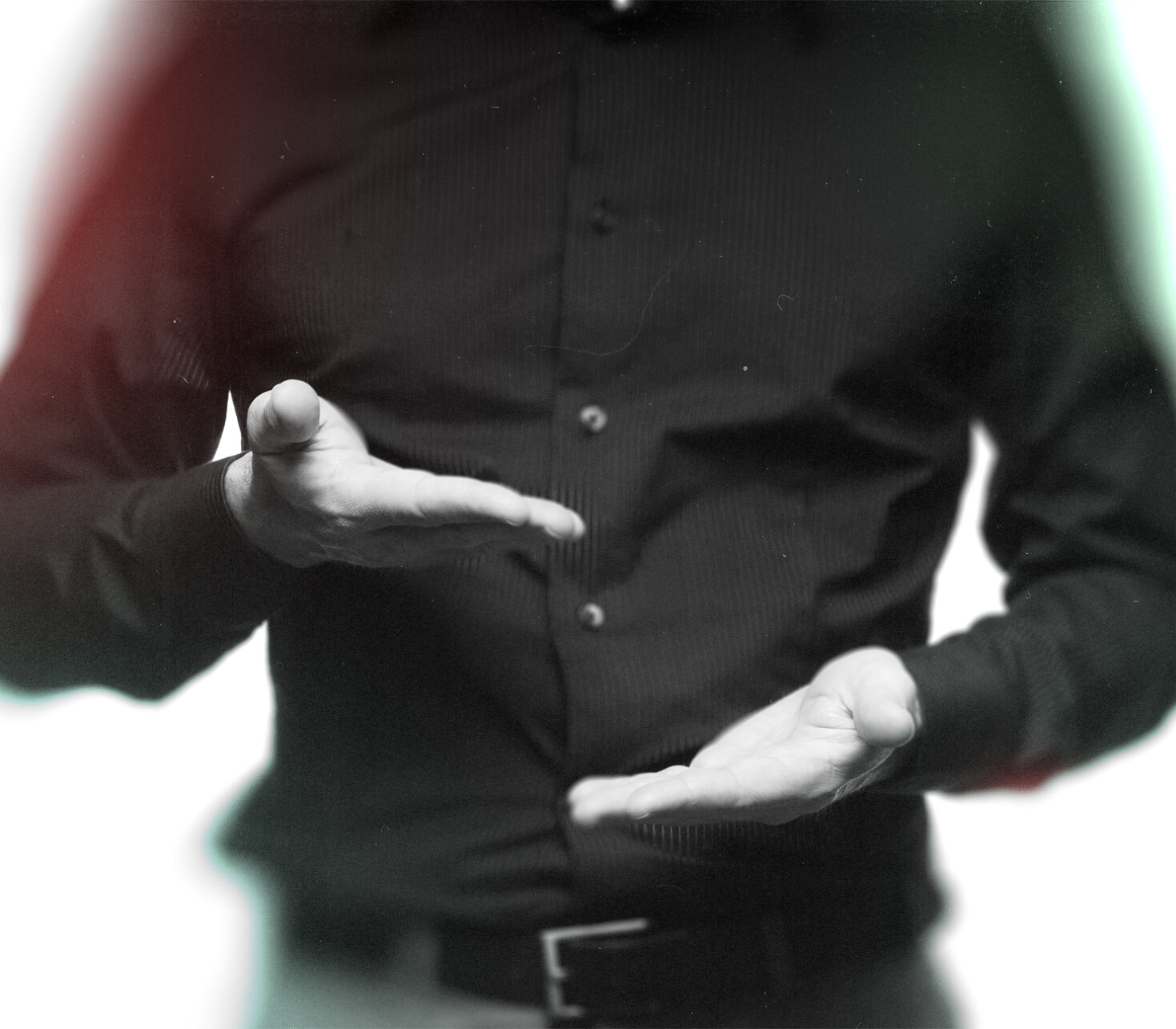What is team coaching?
It is a targeted support programme in which an existing team works through its own issues and learns to function better. The coach facilitates several sessions in which he accompanies the team as a development facilitator in problem solving and change.
What is team coaching?
The participants are an entire existing team working together with their leader, or there are several team leaders who depend on everyone following the same strategy with their groups.
The topic comes from the client, who formulates a performance requirement for the team. The group is involved in the clarification so that there is a common understanding about the goal of the team coaching: For example, improvements in decision-making, cooperation, climate, team rules, etc.
The goal is learning at team level. The client is not interested in supporting individuals in isolation, but the team as a whole should take a step forward in its development.
What are the benefits of team coaching?
It helps the team to adapt flexibly to new challenges as a united organism. The benefits are twofold:
- Economic gain - the team becomes more efficient
- Team spirit - the climate is more constructive
What are the benefits of team coaching?
On the one hand, independent decisions are demanded of each team member and on the other, a willingness to reach a consensus. In a top team, the individual strengths of each member are fully integrated, weaknesses are balanced out and effective combinations are created. Practical knowledge adds up, specialists' fields of knowledge complement each other, similar experiences stimulate each other, and emotional stresses are balanced out by the group.
The goal is to help the team reach a higher level of development. Developed teams are more efficient and better able to...
- recognise the distribution of tasks and roles as well as the rules of the game
- communicate, inspire each other, argue and find each other
- reach joint decisions
- organise themselves
- compensate for one-sidedness, cover for each other in case of absences
What does a team coach do?
He helps the team to help itself by...
- making it easier for the team to find solutions
- giving feedback to the team on how it is working
- providing the team with working methods
- clarifying relationships and roles
What does a team coach do?
- Finding solutions: The coach supports the team in finding a solution to a current problem. In doing so, he ensures that the participants can later apply the solution methods themselves.
- Learning through feedback: The coach has the necessary distance to give feedback to the group. In this way, he helps the group to recognise and optimise the team's patterns of communication, problem-solving and decision-making.
- Method improvement: The coach provides the team with working techniques - for example, tools to promote creativity, decision-making, etc.
- Relationship and role clarification: The team coach supports the team in assigning roles and tasks in a meaningful way and in clarifying relationships. He moderates interpersonal conflicts or promotes the formation of shared rules of the game.
- What is the difference between a seminar leader and a team coach?
- While a seminar leader by nature mainly shows new things (teacher/knowledge provider), the team coach pursues a process of togetherness. He takes on the role of a moderator or mediator. He promotes an exchange of ideas, clarification and consensus building.
When does team coaching need to be done?
Occasions are: obstacles to performance, climate disturbances, communication bottlenecks, conflicts, the formation of fronts, change of leadership.
Possible reasons for team coaching:
- A manager takes over an existing team. Mutual expectations should be clarified from the ground up as a start to a positive joint future.
- Different ideas: The team and the leader recognise recurring discrepancies in tasks and responsibilities. A clarification of roles is needed.
- Communication is slow and one-sided. There is a lack of hearing for certain ideas or members. Emotional and factual content are out of balance with each other.
- In the team, fronts form between strong personalities who stubbornly insist on their ideas. Communication is either avoided or escalates immediately into conflict.
- There is a lack of willingness to support each other. Everyone should share their knowledge and skills. The group should work together instead of side by side or against each other.
How long does team coaching take?
The duration depends on the situation, which is clarified with the client and the team leader. The coaching with the team takes place over several sessions and lasts a total of two to three days.
